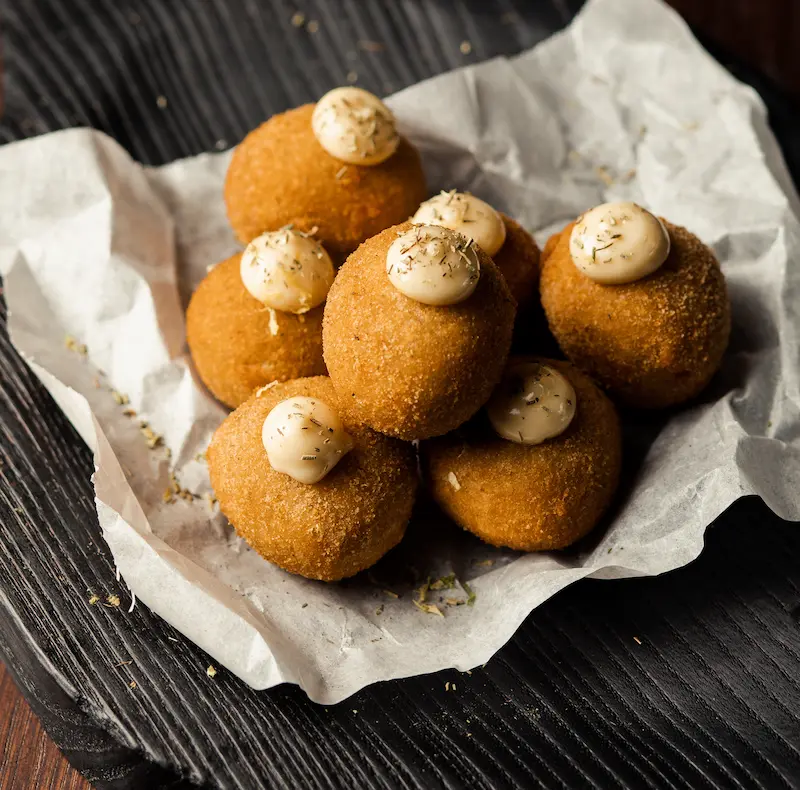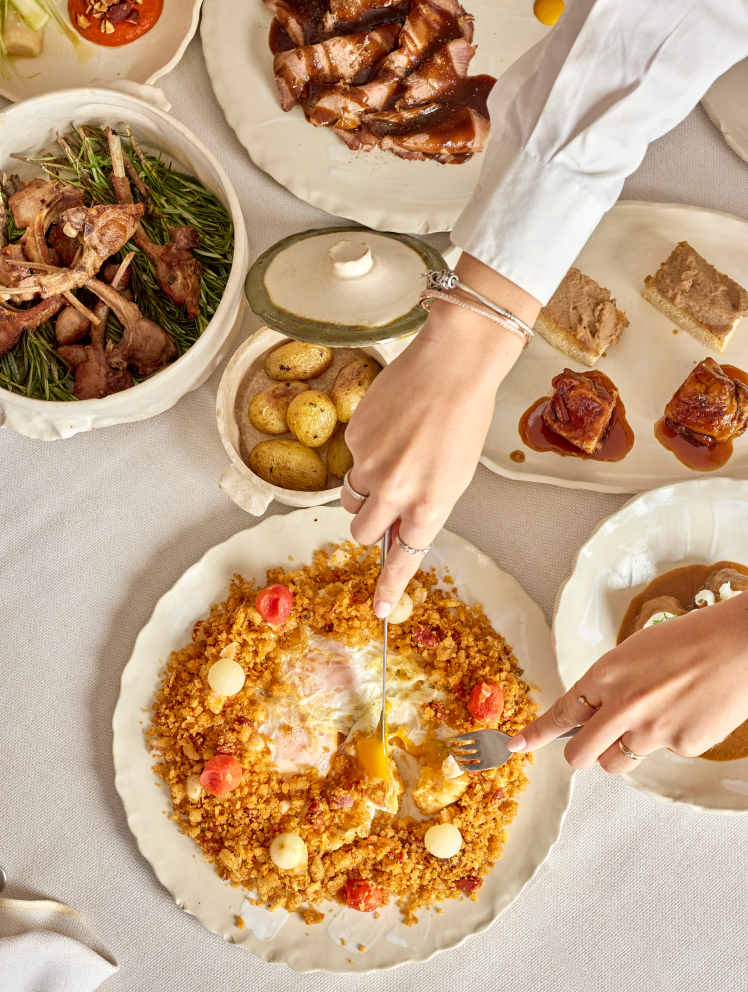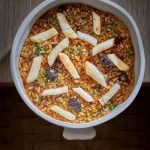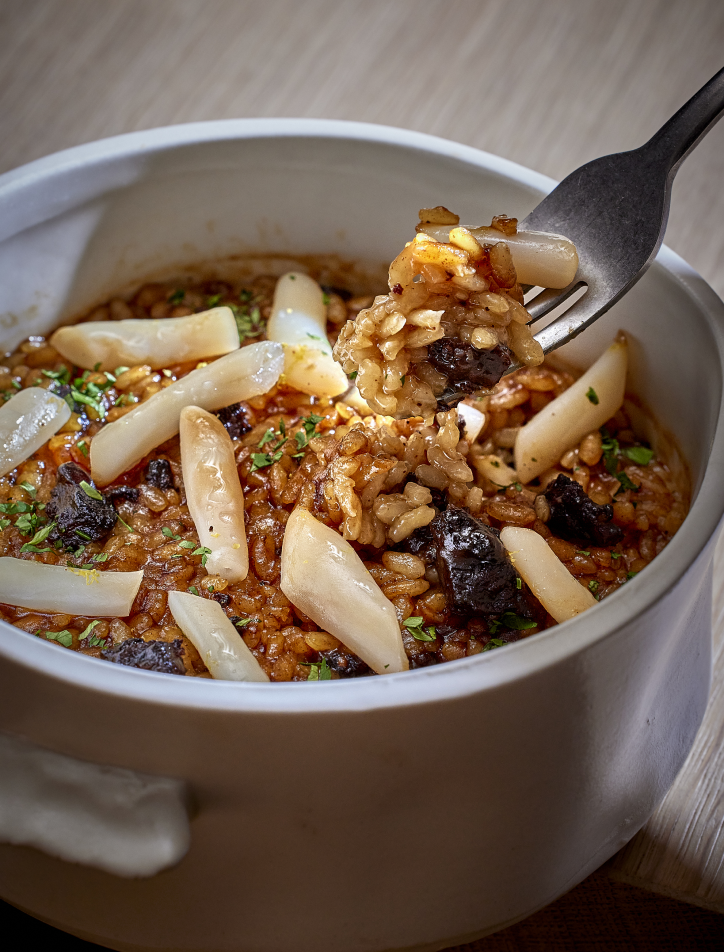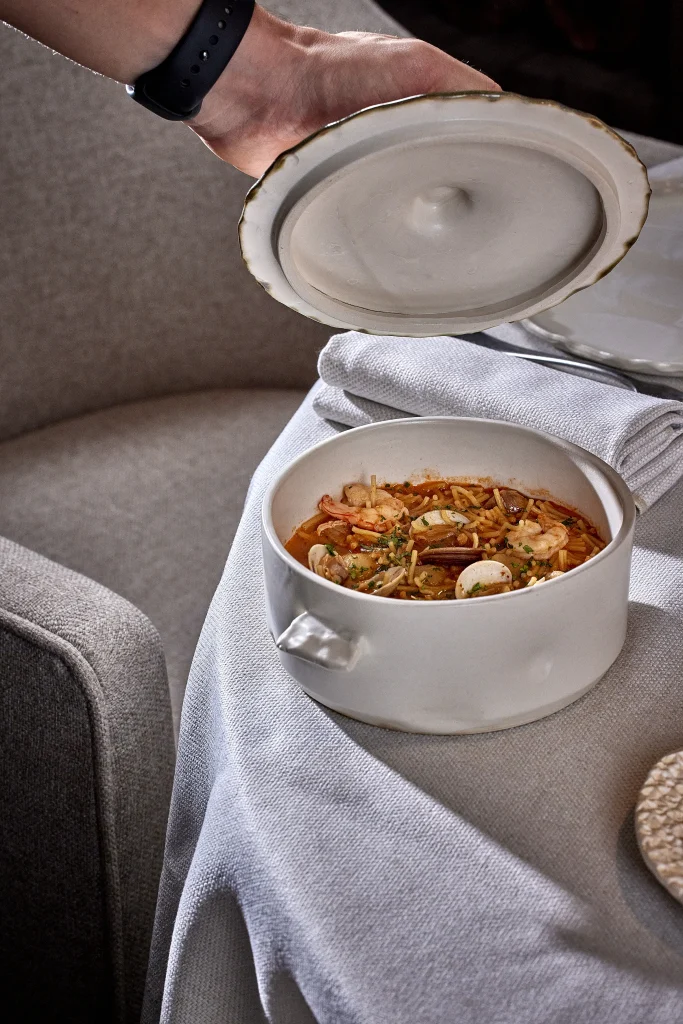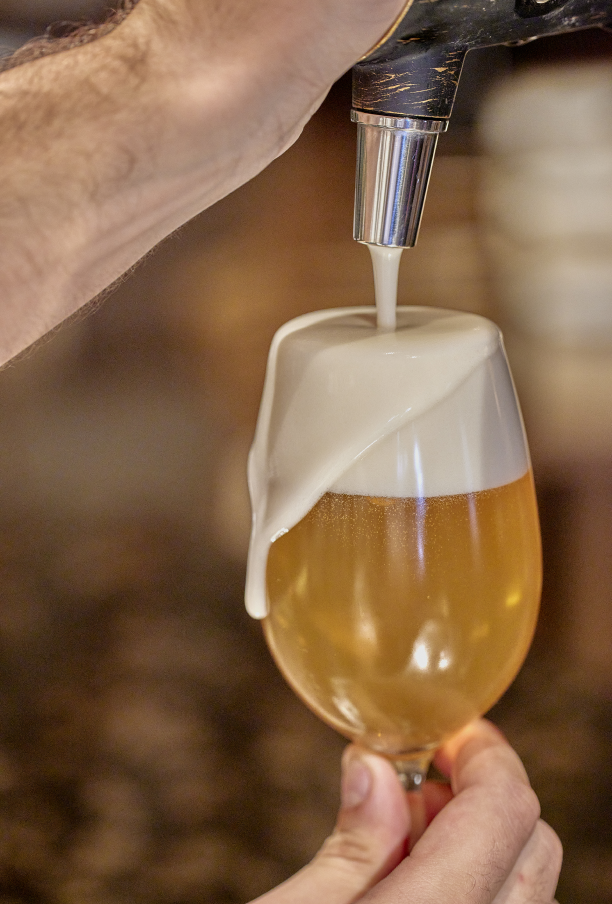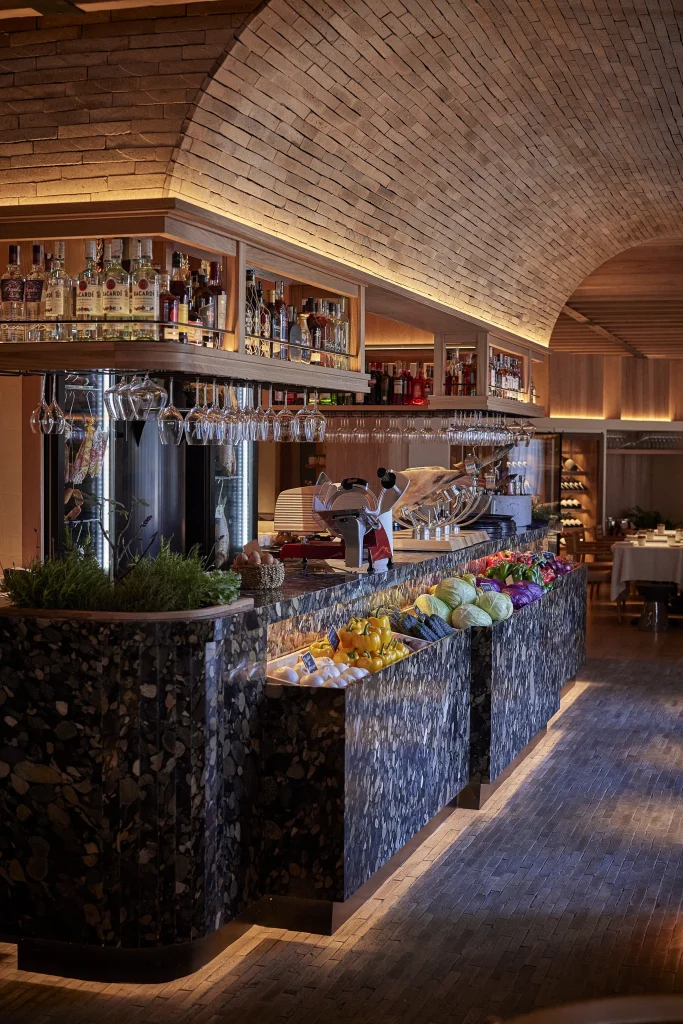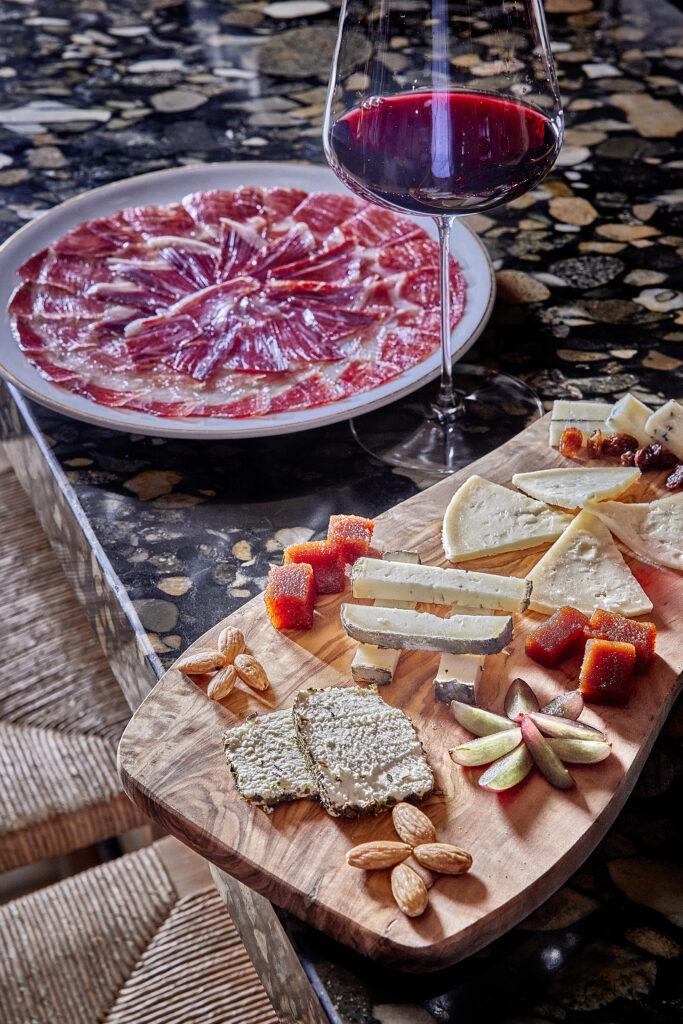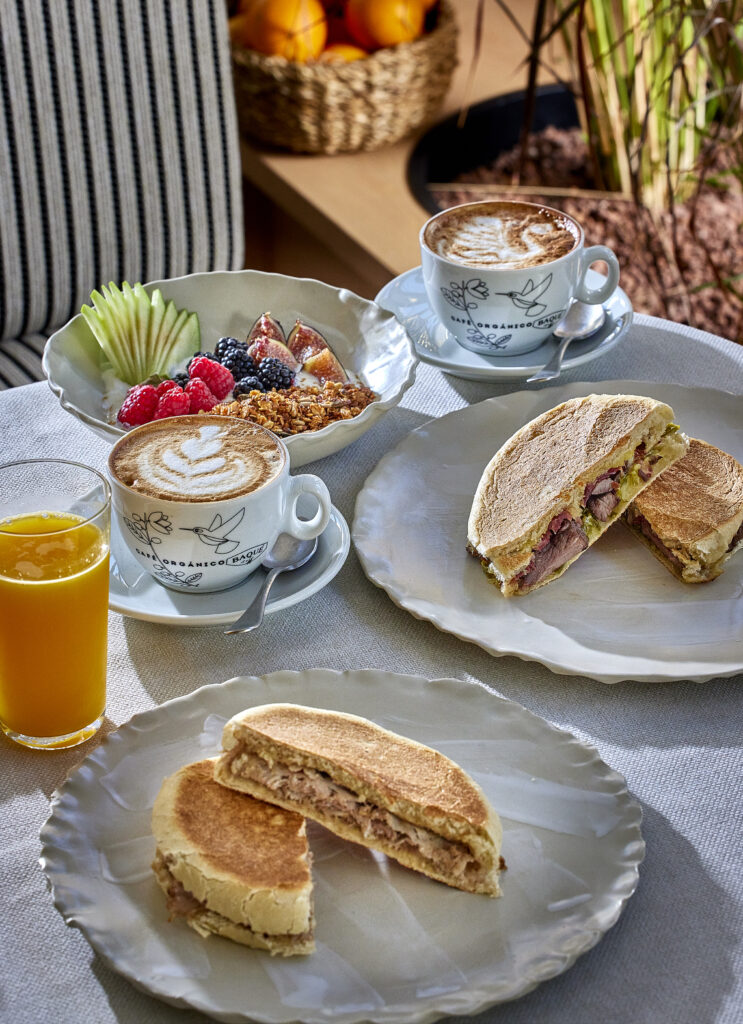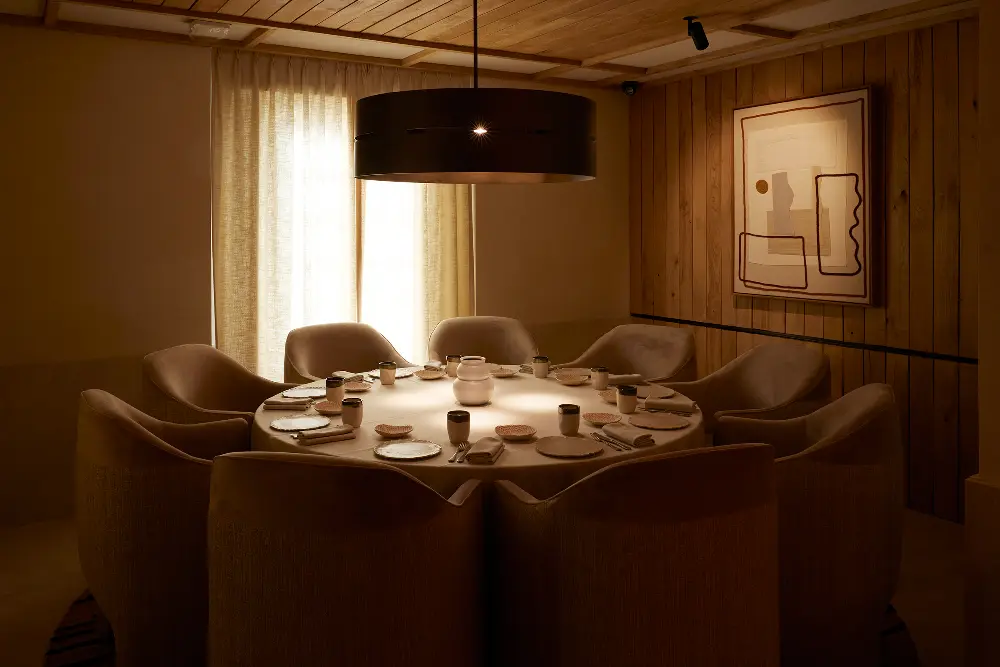Every January 30th, the world marks International Croissant Day. It’s a day to honor this iconic pastry that has won hearts and taste buds globally. With its crescent shape and buttery layers, the croissant is more than just a coffee companion. It embodies baking mastery and how simple food can deliver pure joy. Discover why this day invites us to savor life’s finest moments!
A Classic with a Rich History
Though often linked to France, the croissant’s story is more complex. Its roots trace back to the Austrian “kipferl,” a crescent-shaped pastry from the 17th century. The croissant became what we know today thanks to French bakers who introduced butter-layering techniques. This innovation gave it the flaky texture and unique flavor that define it.
Celebrating International Croissant Day is more than an excuse to indulge. It’s a chance to appreciate the artistry behind its creation. Each layer reflects dedication, and every bite preserves a timeless tradition.
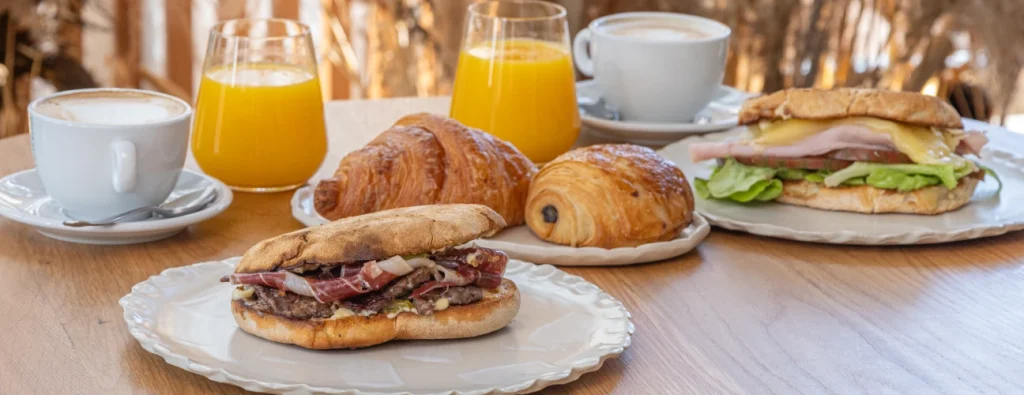
The Croissant Around the World
International Croissant Day also highlights how this pastry has been reimagined across cultures. From chocolate-filled versions in Europe to savory options with ham and cheese, the croissant adapts to all tastes. In places like Japan and the U.S., bakers have pushed boundaries, blending local ingredients or creating hybrids like the cronut.
Croissants Worth Celebrating
In Spain, some restaurants elevate the croissant to gourmet status. At Tragabuches, their weekend breakfast croissants offer a unique experience, blending culinary excellence with tradition. Whether classic or innovative, these creations add even more reason to celebrate International Croissant Day.
So, why wait? Indulge in a croissant today and rediscover its timeless charm.
